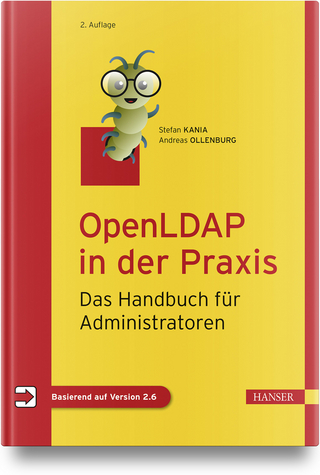
Queueing Networks
Springer-Verlag New York Inc.
978-1-4614-2773-5 (ISBN)
This handbook aims to highlight fundamental, methodological and computational aspects of networks of queues to provide insights and to unify results that can be applied in a more general manner. The handbook is organized into five parts:
Part 1 considers exact analytical results such as of product form type. Topics include characterization of product forms by physical balance concepts and simple traffic flow equations, classes of service and queue disciplines that allow a product form, a unified description of product forms for discrete time queueing networks, insights for insensitivity, and aggregation and decomposition results that allow sub networks to be aggregated into single nodes to reduce computational burden.
Part 2 looks at monotonicity and comparison results such as for computational simplification by either of two approaches: stochastic monotonicity and ordering results based on the ordering of the process generators, and comparison results and explicit error bounds based on an underlying Markov reward structure leading to ordering of expectations of performance measures.
Part 3 presents diffusion and fluid results. It specifically looks at the fluid regime and the diffusion regime. Both of these are illustrated through fluid limits for theanalysis of system stability, diffusion approximations for multi-server systems, and a system fed by Gaussian traffic.
Part 4 illustrates computational and approximate results through the classical MVA (mean value analysis) and QNA (queueing network analyzer) for computing mean and variance of performance measures such as queue lengths and sojourn times; numerical approximation of response time distributions; and approximate decomposition results for large open queueing networks.
Part 5 enlightens selected applications as loss networks originating from circuit switched telecommunications applications, capacity sharing originating from packet switching in data networks, and a hospital application that is of growing present day interest.
The book shows that the intertwined progress of theory and practice will remain to be most intriguing and will continue to be the basis of further developments in queueing networks.
On Practical Product Form Characterizations.- Order Independent Queues.- Insensitivity in Stochastic Models.- Palm Calculus, Reallocatable GSMP and Insensitivity Structure.- Networks with Customers, Signals, and Product Form Solutions.- Discrete Time Networks with Product Form Steady States.- Decomposition and aggregation in queueing networks.- Stochastic comparison of queueing networks.- Error Bounds and Comparison Results: The Markov Reward Approach For Queueing Networks.- Stability of join-the-shortest-queue networks: analysis by fluid limits.- Methods in Diffusion Approximation for Multi-Server Systems: Sandwich, Uniform Attraction and State-Space Collapse.- Queueing networks with Gaussian inputs.- Mean values techniques.- Response time distributions in networks of queues.- Decomposition-Based Queueing Network Analysis with FiFiQueues.- Loss networks.- A Queueing Analysis of Data Networks.- Modeling a hospital queueing network.
| Reihe/Serie | International Series in Operations Research Management Science ; 154 |
|---|---|
| Zusatzinfo | XXIV, 800 p. |
| Verlagsort | New York, NY |
| Sprache | englisch |
| Maße | 155 x 235 mm |
| Themenwelt | Mathematik / Informatik ► Informatik ► Netzwerke |
| Mathematik / Informatik ► Mathematik ► Angewandte Mathematik | |
| Mathematik / Informatik ► Mathematik ► Finanz- / Wirtschaftsmathematik | |
| Mathematik / Informatik ► Mathematik ► Wahrscheinlichkeit / Kombinatorik | |
| Wirtschaft ► Betriebswirtschaft / Management | |
| ISBN-10 | 1-4614-2773-8 / 1461427738 |
| ISBN-13 | 978-1-4614-2773-5 / 9781461427735 |
| Zustand | Neuware |
| Informationen gemäß Produktsicherheitsverordnung (GPSR) | |
| Haben Sie eine Frage zum Produkt? |
aus dem Bereich


